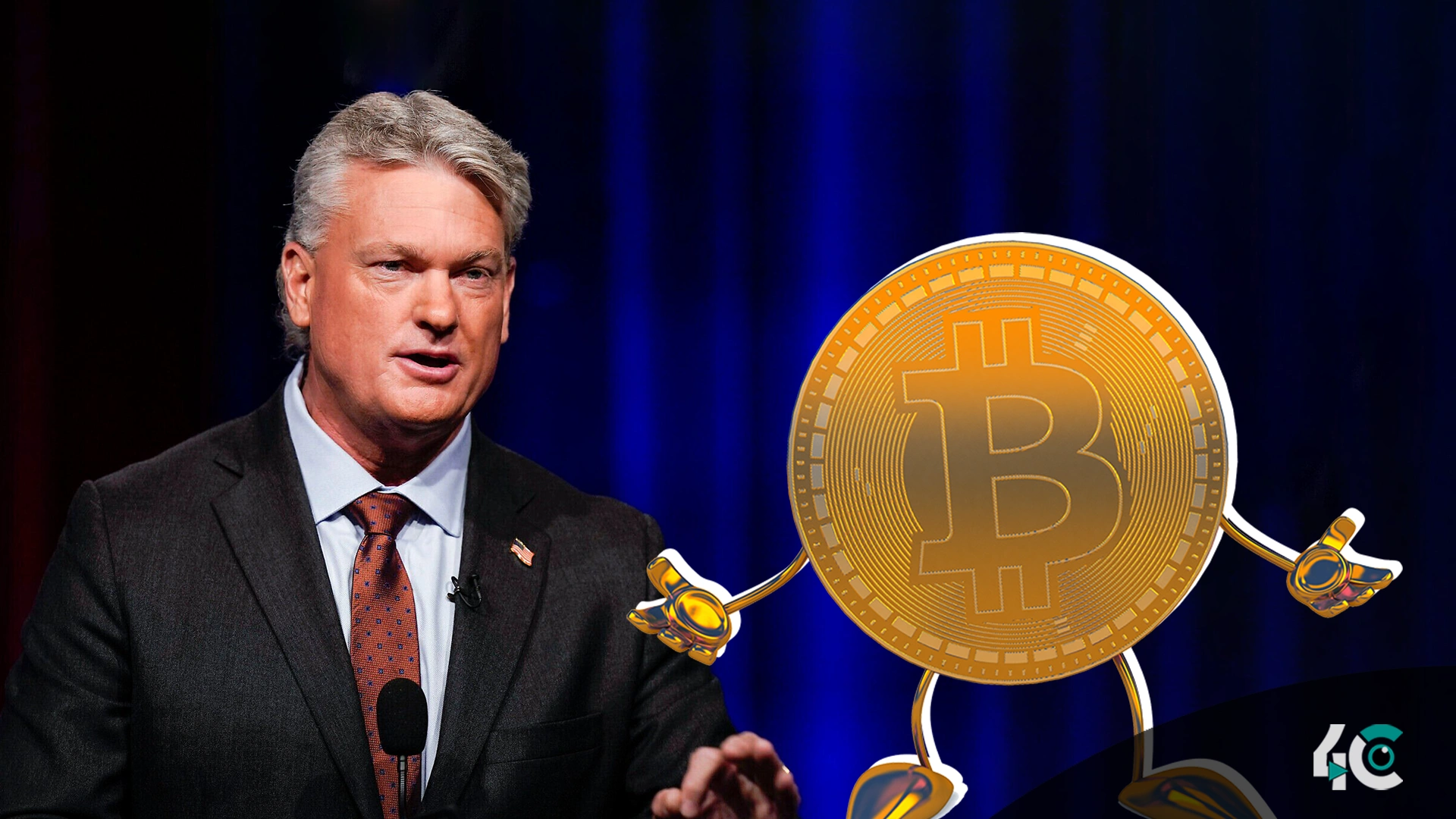U.S. Representative Mike Collins (R-GA) has formally declared that his congressional campaign will now accept bitcoin donations, thereby boldly bringing digital assets to the forefront of mainstream politics. This choice emphasizes the growing part bitcoin plays in political funding and strengthens Collins’s position as an advocate of digital assets.
A Turn toward Digital Funding
Among the several cryptocurrencies Collins’s campaign now welcomes donations in are Bitcoin (BTC), Ethereum (ETH), Litecoin (LTC), Dogecoin (DOGE), Solana (SOL), and Tether (USDT). Collins hopes to modernize political fundraising strategies by incorporating crypto donations, leveraging a burgeoning group of digital asset supporters.
“America has been sluggish to embrace encryption, artificial intelligence, and machine learning, among other modern technology. Allowances for digital asset donations will help to mainstream and validate this sector,” said Collins.
An Evolution of Crypto Participation
Unlike many lawmakers just starting to investigate digital currencies, Collins has a background in crypto investing. He revealed in 2024 purchases of Ethereum (ETH) valued at $65,000 and further cryptocurrency investments in Aerodrome Finance (AERO), The Graph (GRT), and Velocity (VELO). More recently, he included the meme-based token Ski Mask Dog (SKI) in his portfolio, therefore attesting to his belief in the future of the industry.
Rising political acceptance of digital currencies
Collins is hardly the only one appreciating bitcoin contributions. Among the few big contenders in the 2024 U.S. presidential contest who accepted crypto donations were Donald Trump and Robert F. Kennedy Jr. Particularly positioned as a pro-crypto candidate, Trump promised to stop industry regulatory crackdowns should he be reelected.
After Trump’s triumph, the U.S. government adopted a friendlier attitude toward digital assets, which resulted in legislative changes, including the Securities and Exchange Commission (SEC) refuting cases against big cryptocurrency companies and having talks with sector executives.
Why Are Crypto Donations Important?
For numerous reasons, political campaigns are progressively looking to cryptocurrencies:
Because crypto transactions can have less processing fees than conventional payment methods, more money goes directly toward campaign initiatives.
Accepting digital assets lets campaigns interact with a worldwide contributor base endorsing crypto-friendly ideas.
Transparency and Security: Blockchain technology offers a public ledger, improving responsibility and confidence in political funding.
Digital currencies are a great tool for interacting with tech-savvy supporters since they are rather common among younger groups.
Difficulties and Thoughts Regarding
Although crypto donations have great advantages, one should take some thought considering the following:
Variability in the market: The value of crypto donations could change, affecting the budgets for campaigns.
Regulatory Uncertainty: Although political acceptability of digital assets is rising, the legal environment around crypto donations is still unclear.
Public Opinion: Not all voters know or trust digital assets, so campaigns could have to teach their voters on the validity and security of cryptocurrencies.
The Political Future of Cryptocurrency
In the junction of politics and digital money, Collins’s decision to welcome crypto donations signals a momentous event. Crypto is probably going to become even more important in the following elections as more politicians see the possibilities of blockchain technology. Whether through policy lobbying, campaign donations, or legislative changes, the presence of digital assets in the political sphere is just going to get more noticeable.
Collins is not only funding his campaign by embracing cryptocurrencies; he is also making a clear statement that digital assets are here to stay.












































